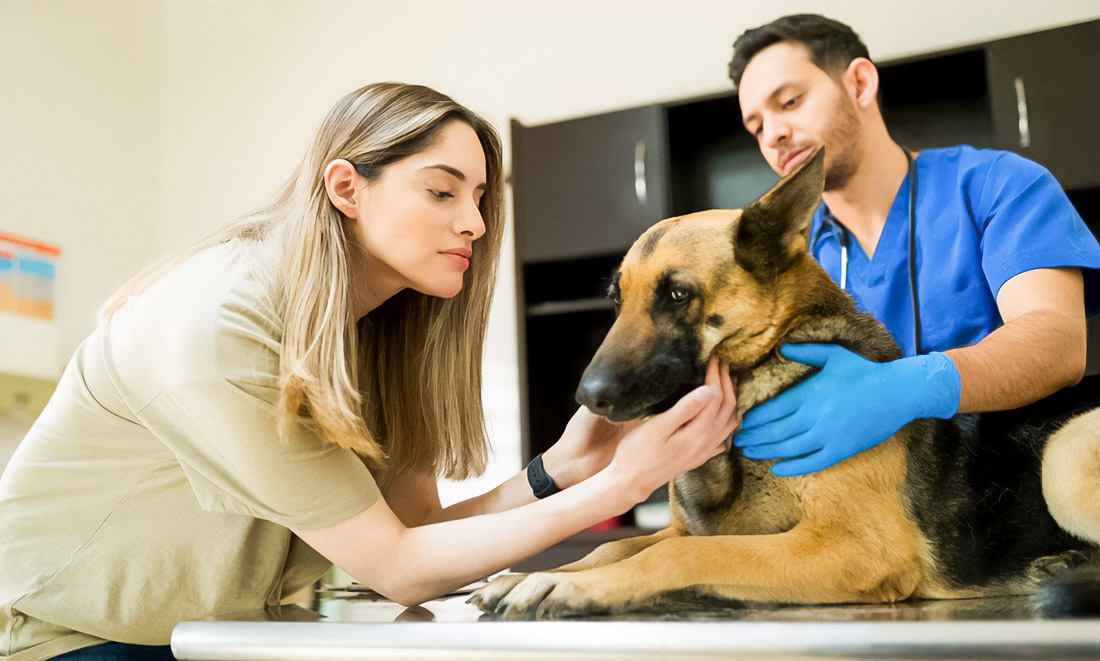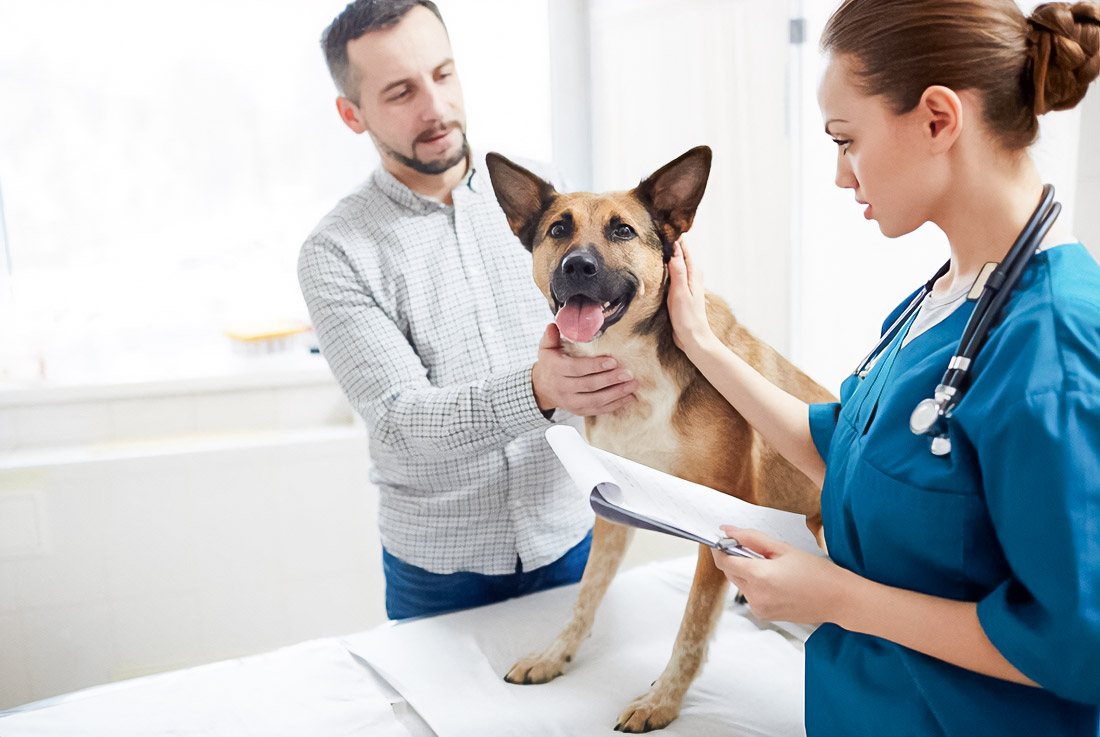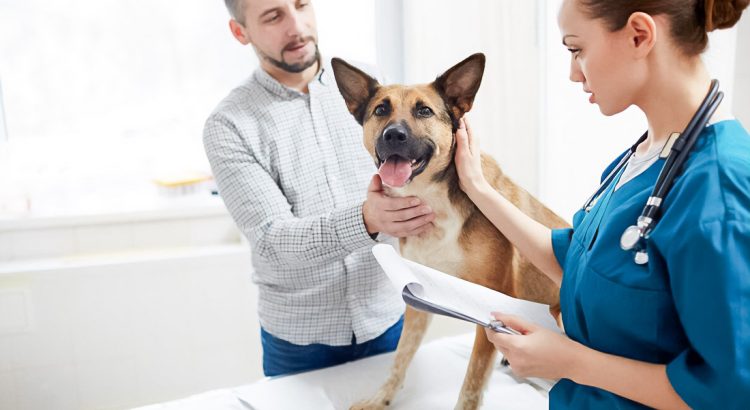Vaccination of domestic animals is an integral part of their health, well-being, and general public health. In recent years, there have been significant fluctuations in vaccination, causing concern among specialists. The main reasons for this situation include concerns of owners regarding the safety and effectiveness of vaccines, as well as the influence of misinformation. According to the latest research, more than 30% of domestic animal owners are concerned about possible side effects and question the necessity of regular vaccinations, even if their pets do not leave the limits of the house and do not have contact with other animals. To address this problem, it is important to refer to pet vaccination in verified clinics.
Expansion of knowledge of domestic animal owners: key to correct decisions

Educating pet owners about the importance of vaccinations can make a big difference in keeping our furry friends healthy. It’s essential for pet owners to know that vaccinations not only protect their beloved pets from diseases but also help keep the entire animal population safe. According to the American Veterinary Medical Association, the risks linked to vaccinations are 20 times lower than the risks of not vaccinating. This is backed by plenty of scientific studies and data showing that modern vaccines are both safe and beneficial. Let’s all work together to ensure our pets and their friends stay healthy and happy!
- Conducting informational sessions and seminars.
- Creation of educational brochures and online resources.
- Use of real examples from practice to demonstrate consequences of refusal of vaccination in practice.
Myths and reality: debunking misconceptions about vaccination
The Spread of myths and unreliable information turned out to be one of the key reasons for the decrease in the level of vaccination. Some owners mistakenly believe that vaccines cause autism in animals, which is absolutely incorrect. Instead, it is important to spread scientifically substantiated information. For example, studies have shown that only 1% of vaccinated animals may experience minor side effects that do not undermine their general health. More detailed information about vaccination can be found in Wikipedia.
- Publication of scientific articles in authoritative editions.
- Participation in public discussions and debates.
- Creation of educational video materials and courses.
Strengthening trust in veterinary specialists: guarantee of successful vaccination
Trust in veterinary specialists plays fundamental role in decision-making about vaccination. Veterinarians must be ready to answer all questions of owners, explain all details of vaccination process and dispel all doubts. By exhibiting professional authority, veterinarians strengthen positions of vaccination as reliable method of protection of animals.
- Active participation in professional associations.
- Obtaining certificates confirming qualification.
- Openness to dialogue with owners and readiness to discuss all their concerns.
Successful campaigns: examples of motivation for vaccination
Numerous successful campaigns on vaccination demonstrate how rapidly growing numbers of vaccinated pets can stabilize and even increase. In Australia, successful collaborations of veterinary clinics with local communities led to an increase in the level of vaccination by 15% over the year. In the USA, the National Association of Veterinary Technicians organized more than 50 seminars, the attendance of which exceeded 5000 people. Learn more about such initiatives on site of Ministry of Climate and Environment of UAE.
- Use of social networks for mass coverage.
- Development of programs, including interactive seminars and webinars.
Overcoming obstacles: how to make vaccination accessible
Despite efforts, owners often face obstacles on way to vaccination of their pets. One of key problems remains financial component. More than 40% of owners stated that for them cost of vaccination can be significant. At the same time, strategy can be improved by providing subsidies or discounts for multi-pet families.
- Organization of mobile clinics for vaccination.
- Proactive informational days to simplify vaccination without prior planning of visits.
Thus, vaccination of domestic animals is not just care for individual pets but also contributes to general public health. Animal owners must realize the importance of their decisions, as they directly affect the entire animal world. Continuous education, debunking myths, and strengthening trust in veterinarians are all important steps that can be taken to improve the situation. Joint efforts of veterinary specialists and society can overcome any obstacles on the way to strengthening the health of our four-legged friends.

Fixie owner, father of 3, fender owner, Bauhaus fan and brand builder. Performing at the junction of simplicity and purpose to give life to your brand. I sometimes make random things with friends.

